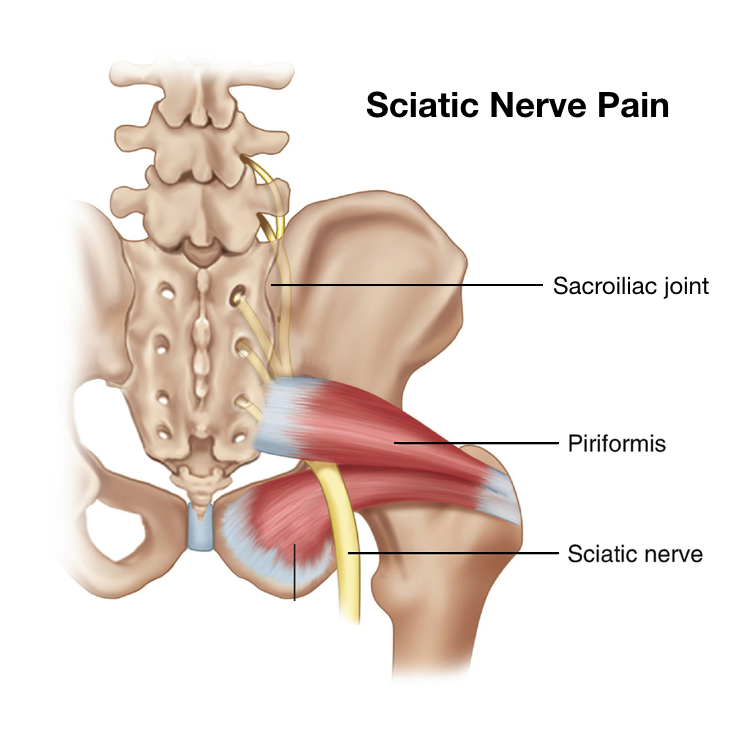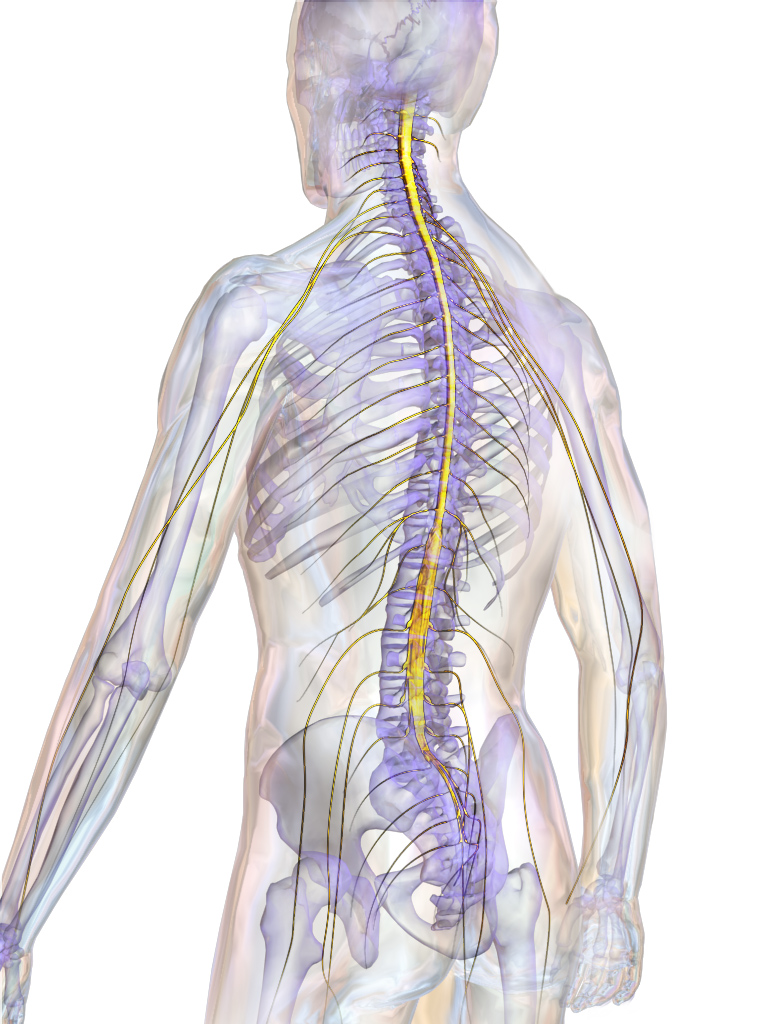
“A Physical Therapist? Don’t you just exercise old people?”
This statement surprised me. I was spending a night out with a handful of friends in downtown D.C. when I met a radiology resident. A healthcare professional. Someone who understands the medical system. He had no idea what a physical therapist did.
I laughed off the comment and calmly responded. The statement, however, stayed with me through the next day. If a radiologist, my age, had no idea what a physical therapist does, how do I expect the general population to know what we do?
Physical therapists are clinicians. We evaluate and treat injuries of the muscles, joints, bones and nervous system, without surgery or opioids. For a more detailed description, take a look at the American Physical Therapy Association's definition of a physical therapist.
Like many others, you may be thinking, Without surgery or drugs? What’s the point of the therapist then? I could probably get better on my own. This is a very valid point, and in some cases, with a knowledge of the musculoskeletal system, is true. In other cases, minor restrictions can lead to months of pain and dysfunction. How often has a minor car accident lead to months/years of neck pain, or a minor back injury that has become extremely debilitating?
The skill that physical therapists possess is the ability to identify which structure is contributing most to the pain experience. Is it the nervous system or musculoskeletal system? Is it organ-related or cardiovascular pain? Determining the answer to this question requires expertise, which is why all physical therapy candidates must receive their doctorate. We can also identify whether that low back pain you’re feeling is a muscle spasm or if you need to be referred to your primary care physician/urologist for a urinary tract infection. Specificity improves recovery time.
Another valid argument when deciding on whether to go to a physical therapist is the validity of their diagnosis. Physical therapists have less training than those with medical degrees (MD), so MDs know more about the musculoskeletal system… right? Not necessarily. In a study published in 2005, army physical therapists compared their clinical diagnostic accuracy to orthopaedic surgeons, family practice physicians, internal medicine physicians, pediatric physicians, emergency physicians, podiatrist, physician assistants, clinical nurse practitioners. What they found was that physical therapists' ability to diagnose musculoskeletal injuries was as accurate as orthopaedic surgeon and was better than all other listed healthcare providers. Take a look at the full article here.
Maybe a physical therapist isn’t exactly what you need to handle your pain right now; maybe it is. We can safely determine whether what your experiencing is an injury that can be treated conservatively or a more serious injury that warrants the intervention of a physician.
If you are interested in determining whether an injury you’re suffering with can be helped by a physical therapist, contact us to schedule an appointment at Glackin Physiotherapy.
Physical therapy for all ages in Columbia and Baltimore, Maryland.
If you have concerns as you age reach out to our office today!
References:
Moore JH, Goss DL, Baxter RE, DeBerardino TM, Mansfield LT, Fellows DW, Taylor DC. Clinical diagnostic accuracy and magnetic resonance imaging of patients referred by physical therapist, orthopaedic surgeons, and nonorthopaedic providers. J Orthop Sports Phys Ther 35 (2): pg 67-71




